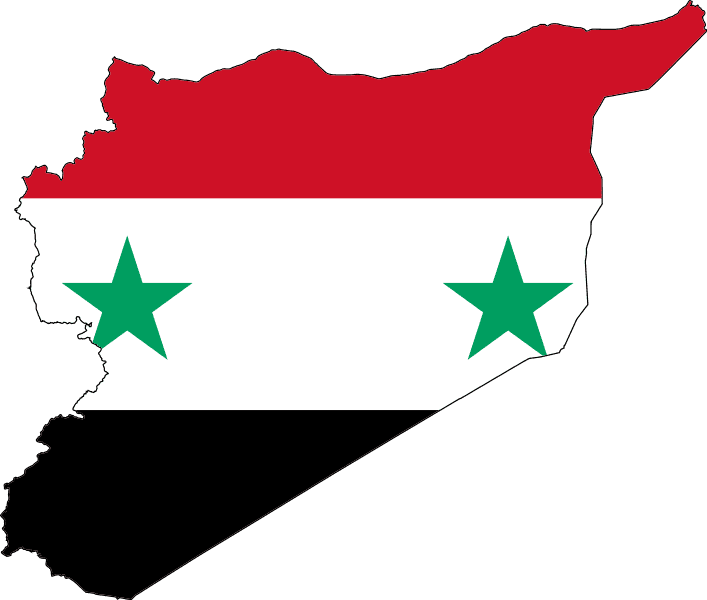 By ANTHONY SHADID
By ANTHONY SHADID
Security forces fired on large crowds of Syrian protesters in the suburbs of Damascus on Friday, killing 10 people, activists said, and angry inhabitants tried to build barricades of stones to block their way.The dead in Qaboun and other suburbs of the capital were among 19 who were killed across Syria on Friday, as tens of thousands of people took to the streets in protests. Since the popular uprising began, activists have sought to demonstrate their power on Fridays after noon prayers, in demonstrations that show some signs of organization but remain largely spontaneous even as they spread. The suburbs of Damascus have been among the most restive areas.
Security forces fired on large crowds of Syrian protesters in the suburbs of Damascus on Friday, killing 10 people, activists said, and angry inhabitants tried to build barricades of stones to block their way.
The biggest rallies on Friday occurred in cities that have tested the government’s ability to impose its authority: Homs and Hama in central Syria and Deir al-Zour in the poor, drought-stricken northeast. Protesters also gathered in Dara’a, the southern town where the uprising began, suggesting that a fierce military crackdown in April has not broken the opposition movement there.
“Dara’a is still under siege,” said Anwar Farres, an activist in the town. “Nothing has changed. They’re still sending more and more security forces here.”
Omar Idlibi, a spokesman for the Local Coordination Committees, which has sought to document and organize the protests, said one person was killed in Dara’a on Friday and another in Homs. Three people were killed in the restive northwestern province of Idlib, where the military has carried out campaigns against what it calls Islamist insurgents.
The protesters in Hama, Syria’s fourth-largest city, numbered in the tens of thousands for a third straight week. Even larger crowds turned out in Deir al-Zour, knit by deep clan loyalties, and in Qaboun, which is emerging as a point of friction on the outskirts of Damascus. Demonstrations in Homs have also proven resilient.
“Leave, Bashar,” the crowds in Homs chanted, according to an activist there. “No to dialogue!”
In a predominantly Kurdish area of the country, protesters unfurled a Syrian flag emblazoned with “Azadi,” the Kurdish word for freedom.
Almost five months into the uprising, some activists have spoken of a stalemate, as the government trumpets tentative and ambiguous steps toward reform while a fractious and immature opposition struggles to provide some kind of alternative. Meetings of opposition figures are scheduled to take place on Saturday inside Syria and in neighboring Turkey, but divisions have threatened to derail the meetings. Though the government allowed a rare opposition meeting last month, some fear that security forces may now seek to prevent one from convening in Damascus.
“I am pessimistic,” said Muntaha al-Atrash, a member of Sawasiyah, a human rights group in Damascus. “I feel like it’s going to be a long, long journey.”
“This regime won’t easily submit to people’s demands,” she added.
The government, troubled by a staggering economy and reliant on security forces that are said to be overextended and tired, has still managed to rally some popular support. Its political base includes religious minorities, the Syrian business elite and the country’s middle class. But despite a ferocious crackdown, the government has proved unable to blunt a protest movement of surprising resilience, though the protesters themselves have yet to make serious inroads into Damascus and Aleppo, the country’s two largest cities.
Robert S. Ford, the American ambassador to Syria, who visited Hama last week, warned that the government’s lack of any real strategy had endangered its durability.
“I have seen no evidence yet, in terms of hard changes on the ground, that the Syrian government is willing to reform at anything like the speed demanded by the street protestors,” Mr. Ford told Foreign Policy in an interview that was posted on the journal’s Web site Thursday. “If it doesn’t start moving with far greater alacrity, the street will wash them away.
”




